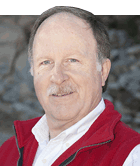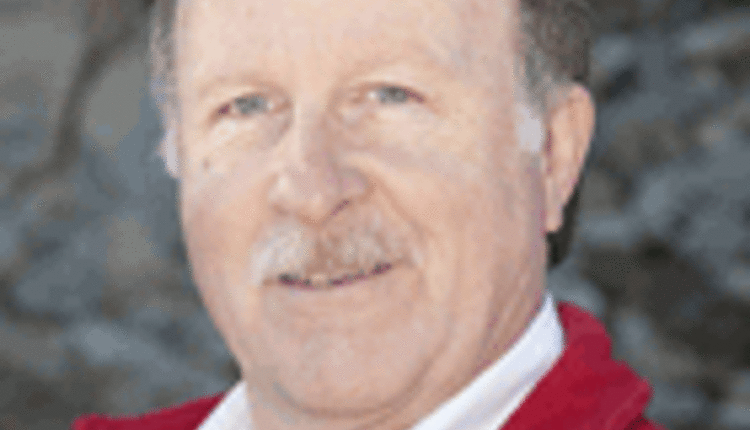The latest installment of California's longest-running dairy soap opera, "We're Begging You For More Money," unfolded again this week.
On May 21, milk producers once again made the pilgrimage to Sacramento to tell the California Department of Food and Agriculture why its milk pricing system is killing them financially compared to dairies in the rest of the country. The focus was the much lower cheese whey value that is used by California's system, compared to whey values used in Federal Milk Marketing Orders.
This time, a representative from the processor side of the debate agreed that no one seems fully satisfied with the current pricing system. It's a breakthrough.
For the last three years in particular, the hearing process has been an oft-repeated exercise in futility that Charlie Brown in "Peanuts" has lived his entire life. Hearing after hearing has been called by the state to consider permanent or temporary changes that would help dairies survive unprecedented high feed prices. Hopes are raised among producers and their representative groups. Determination strengthens. United fronts are presented. They give it a good, hard try.
But the football always gets pulled away and they wind up flat on their backs. They come looking for dollars per hundredweight, but usually get nothing. A few occasional pennies qualify as a victory. Lucy (the department) knows they'll try again . . . and they always do. It's been a sad process to watch for decades.
This time, producers and their groups asked for a revision to the state's pricing system that would raise the Class 4b (cheese) price by $1.20 per hundredweight. It's a staggering amount. They need it, but it will be a miracle if they get even most of it, because that kind of thing just doesn't happen in the country's biggest dairy state.

The author has served large Western dairy readers for the past 36 years and manages Hoard's WEST, a publication written specifically for Western herds. He is a graduate of Cal Poly-San Luis Obispo, majored in journalism and is known as a Western dairying specialist.
On May 21, milk producers once again made the pilgrimage to Sacramento to tell the California Department of Food and Agriculture why its milk pricing system is killing them financially compared to dairies in the rest of the country. The focus was the much lower cheese whey value that is used by California's system, compared to whey values used in Federal Milk Marketing Orders.
This time, a representative from the processor side of the debate agreed that no one seems fully satisfied with the current pricing system. It's a breakthrough.
For the last three years in particular, the hearing process has been an oft-repeated exercise in futility that Charlie Brown in "Peanuts" has lived his entire life. Hearing after hearing has been called by the state to consider permanent or temporary changes that would help dairies survive unprecedented high feed prices. Hopes are raised among producers and their representative groups. Determination strengthens. United fronts are presented. They give it a good, hard try.
But the football always gets pulled away and they wind up flat on their backs. They come looking for dollars per hundredweight, but usually get nothing. A few occasional pennies qualify as a victory. Lucy (the department) knows they'll try again . . . and they always do. It's been a sad process to watch for decades.
This time, producers and their groups asked for a revision to the state's pricing system that would raise the Class 4b (cheese) price by $1.20 per hundredweight. It's a staggering amount. They need it, but it will be a miracle if they get even most of it, because that kind of thing just doesn't happen in the country's biggest dairy state.

The author has served large Western dairy readers for the past 36 years and manages Hoard's WEST, a publication written specifically for Western herds. He is a graduate of Cal Poly-San Luis Obispo, majored in journalism and is known as a Western dairying specialist.







